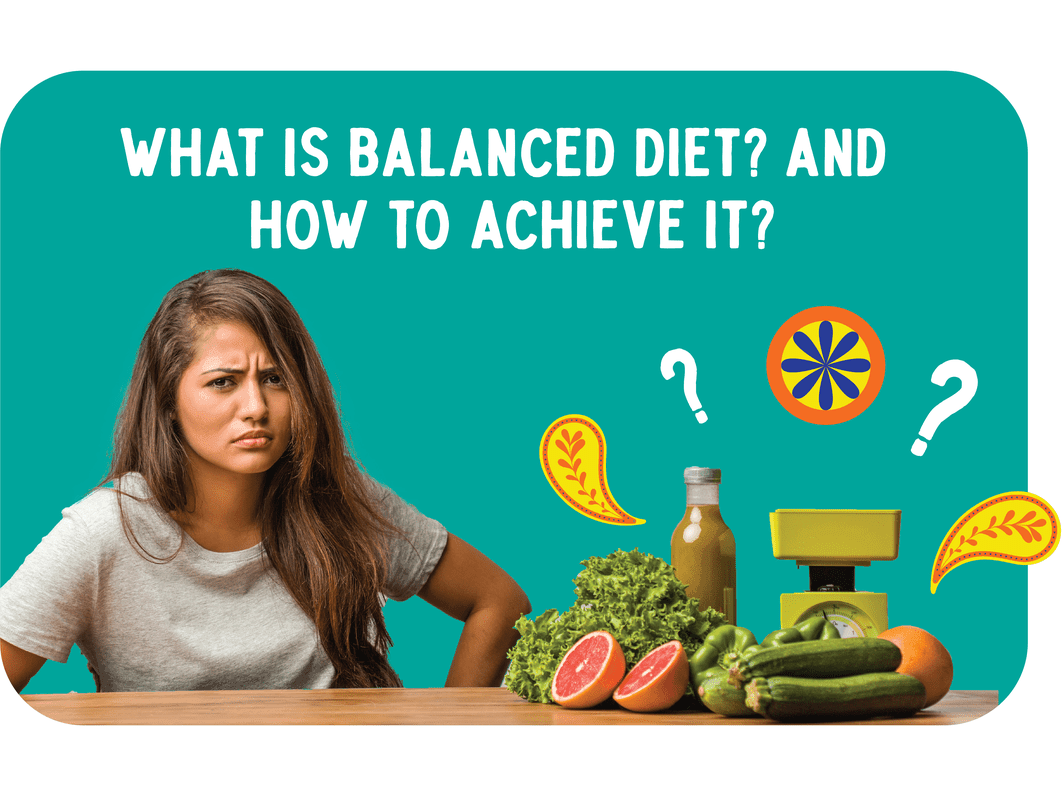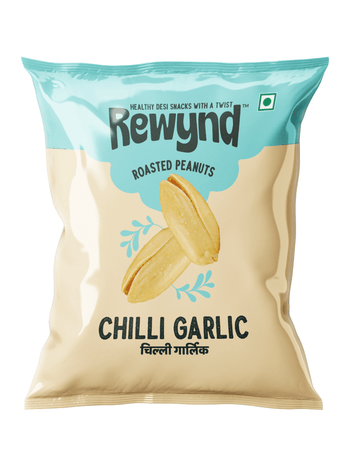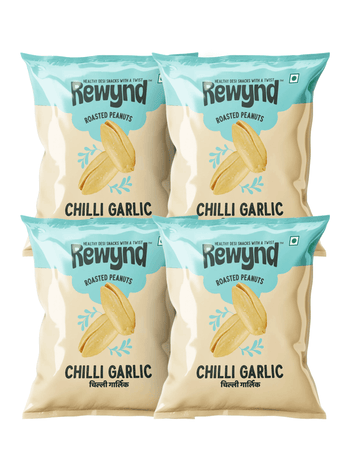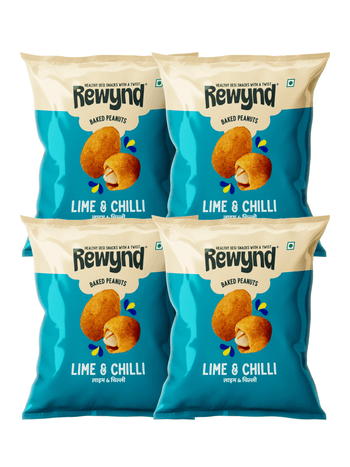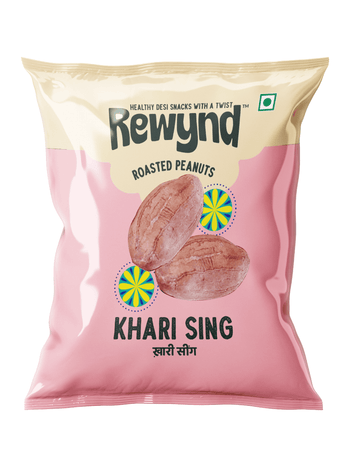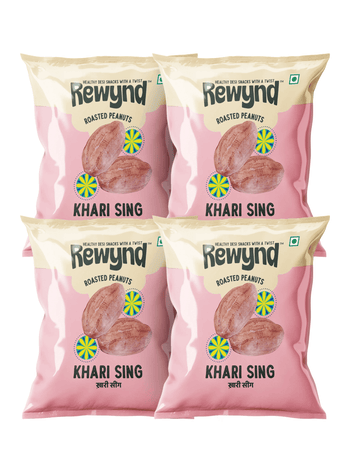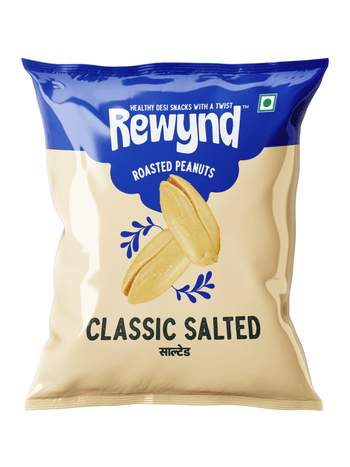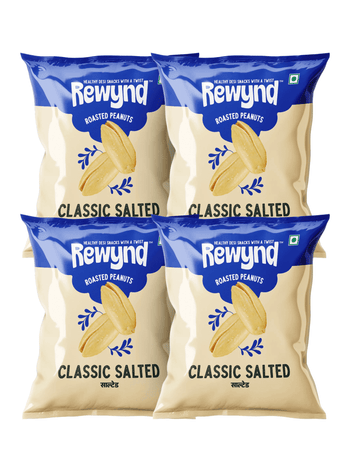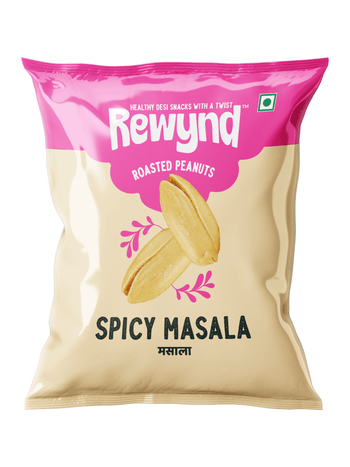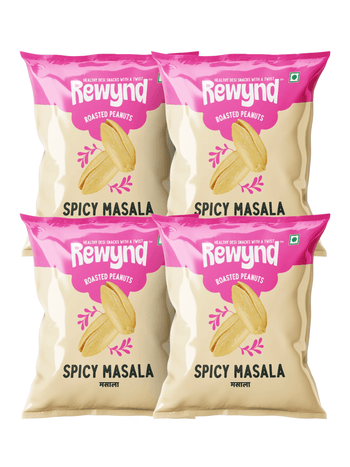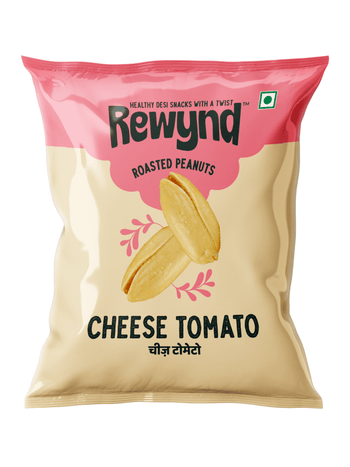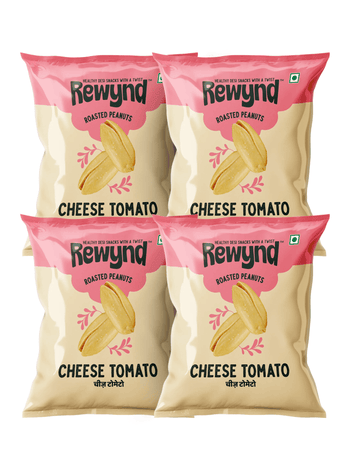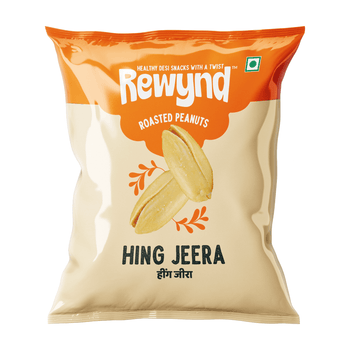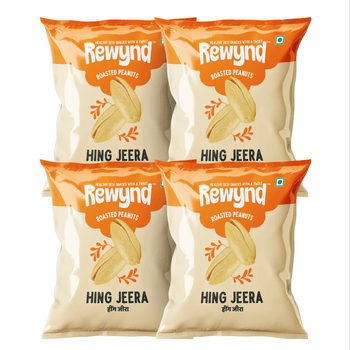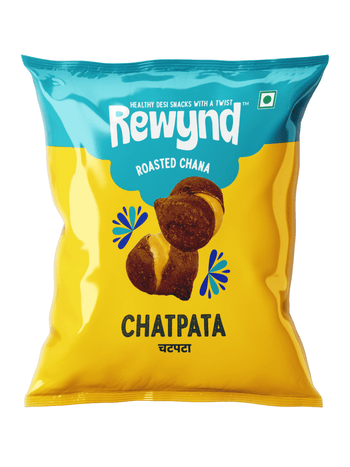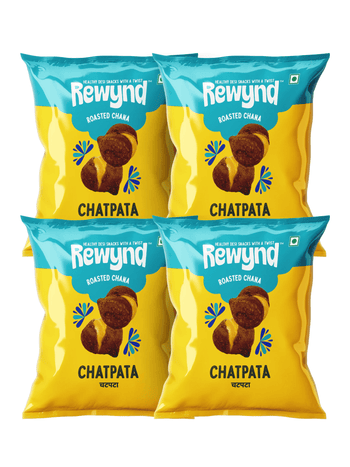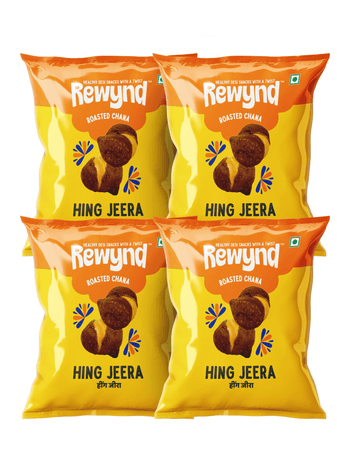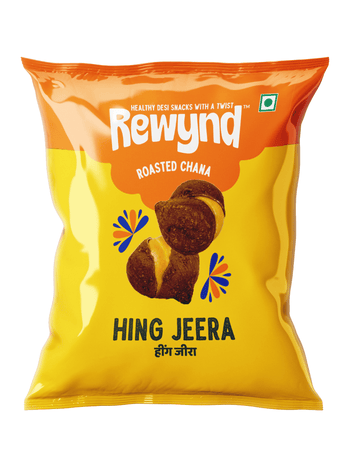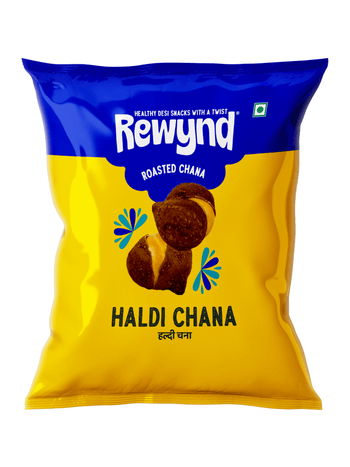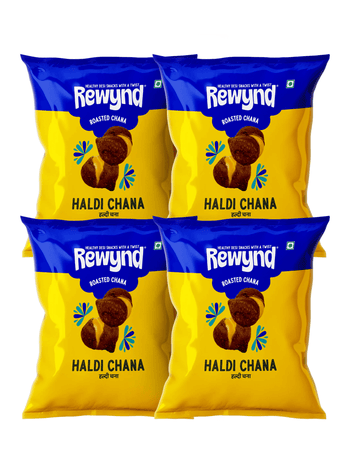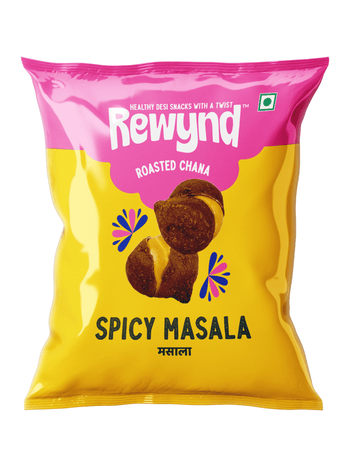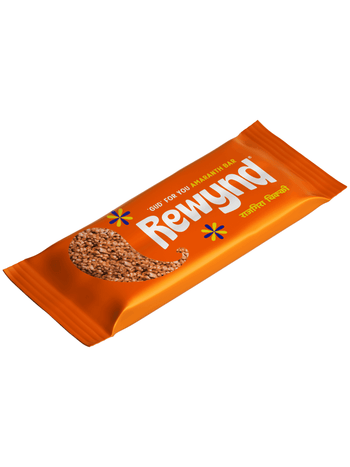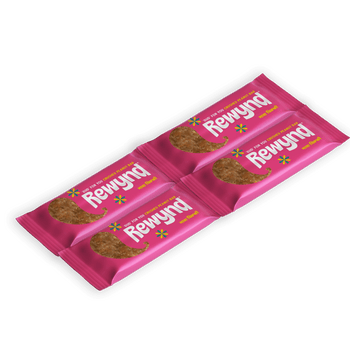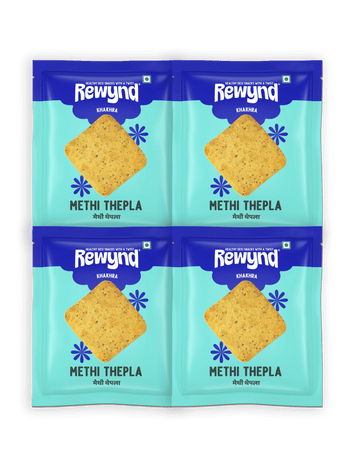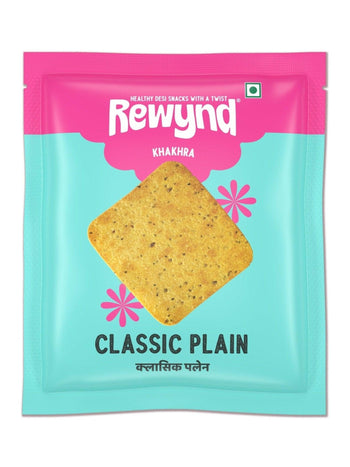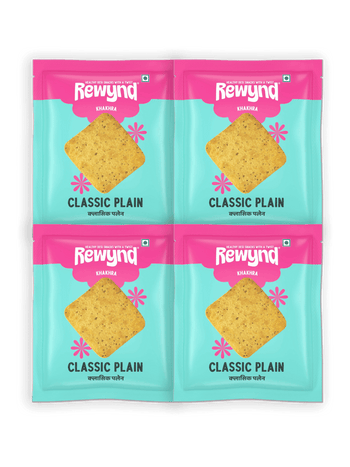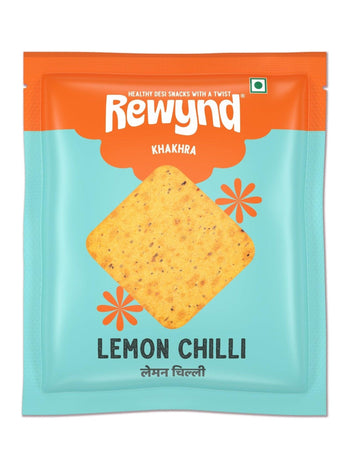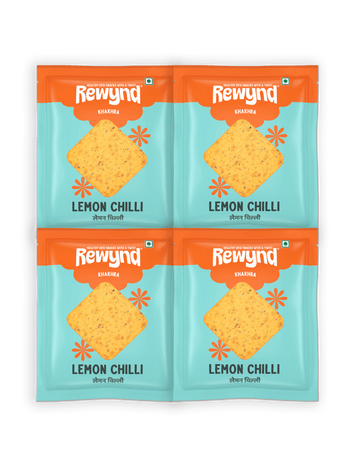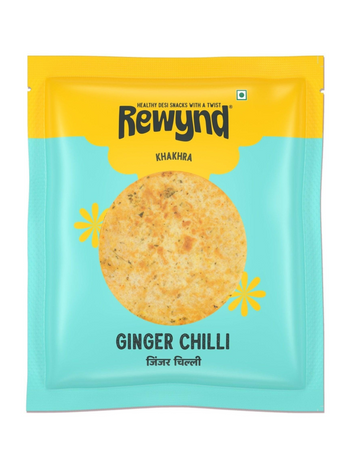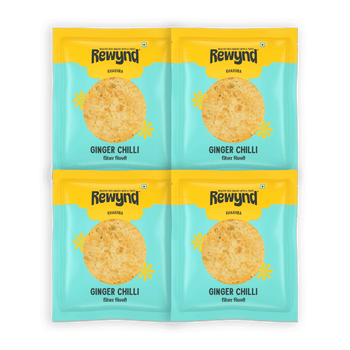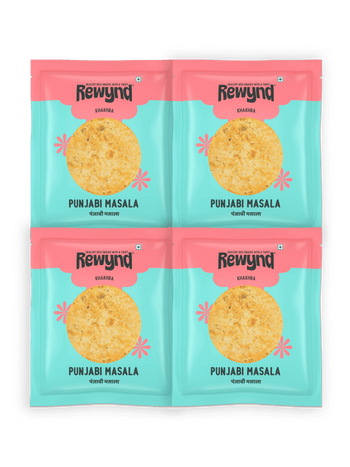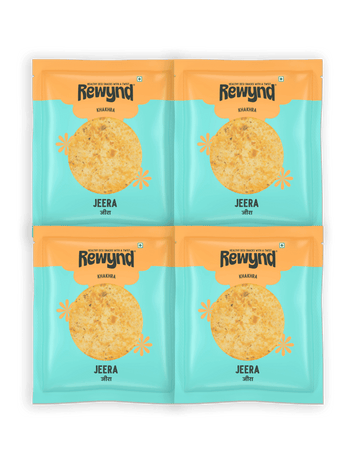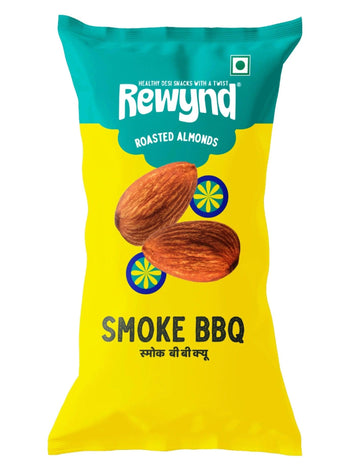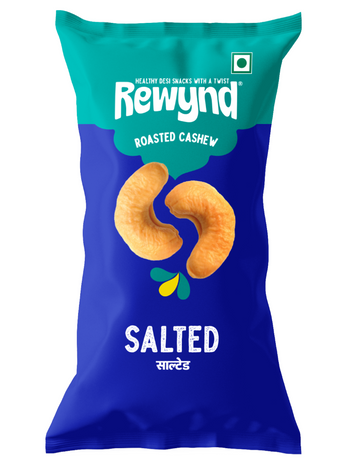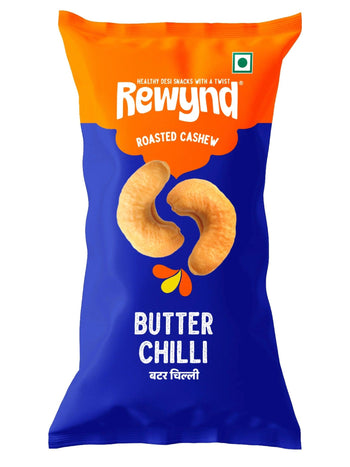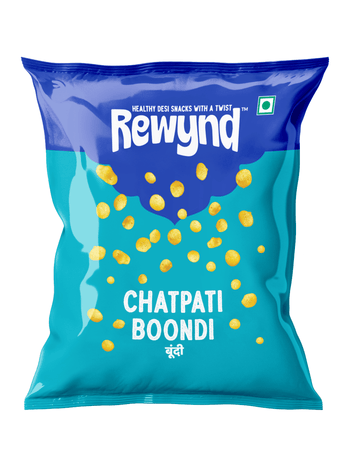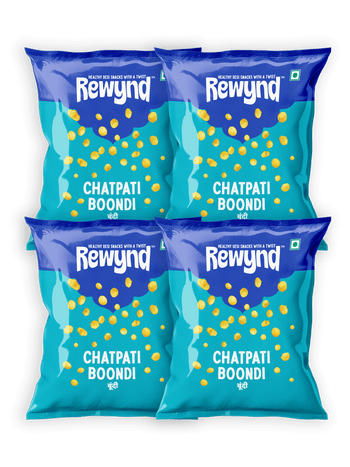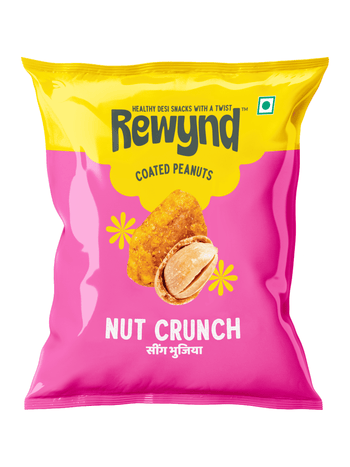“Balance is not something that you find; it’s something that you have to create.”
- Anonymous
The above quote probably stands true for every aspect of life. However, this is not a life-coaching article, and you are neither here for that, so let’s put this in the context of a ‘Balanced’ diet.
This quote very assertively stands true for a balanced diet as well. We can’t find it, we have to create it! Going with the flow will never make you have a balanced diet in your lifetime, and thus, it’s necessary for you to understand it and create it for yourself.
Before diving deeper into how you can achieve a balanced diet, let’s first try to understand what a balanced diet is and why it is important to have one for yourself.
What is a balanced diet?
A balanced diet is not a clinical or objective term. The components and nutrient constituents in a balanced diet can and will vary from person to person depending on various factors such as gender, age, weight, and more of any individual.
To define a balanced diet, one can consider a diet which fulfils all the nutritional needs of an individual. It shall comprise the right portion of foods from the five groups stated below — and can help manage weight and reduce the risk of disease.
Five food groups that make a balanced diet:
- Fruits - Preferably have fresh and whole fruits in your diet. Juices of fruits result in the loss of a lot of nutrient components; thus, they shall not be considered as the replacement of whole fruits.
- Vegetables - There are different sub-groups of vegetables. Green and leafy ones, starchy veggies, red or orange vegetables, and more. Each one is rich with different kinds of nutrients. It is important to include a variety of veggies across the week in your diet plan.
- Grains - Grains are of two types: whole grains and processed grains. Whole grains consist of all three components that make a grain, i.e. bran, germ, and endosperm. It is recommended to have at least 50% of the whole grain in your diet from the total portion of grains.
- Proteins - Proteins are hard to find in food, and thus, it is recommended to have a special portion of nutrient-dense protein food in your meal.
- Dairy - Dairy is a vital source of calcium and also a good source of protein for pure vegetarian individuals.

The question arises: What shall be the quantity/amount of each portion in your diet?
Well, it depends, but generically speaking, the US Department of Agriculture has given a pictorial representation of the ideal size of portions in your plate as shown in the image:
Now, there are different plate methods curated for people with different health conditions, such as diabetes, blood pressure, and more. This is a recommendation for normal individuals, and you can always consult your dietician to find the best-balanced diet for yourself.
Now that we understand what a balanced diet is and what makes a balanced diet let’s understand its importance.
What is the importance of a balanced diet?
A balanced diet sufficiently provides all the nutrients an individual's body needs to function well and stay away from any disease. In the absence of a balanced diet, your body will struggle to get all the essential nutrients daily.
The habit of having a balanced diet shall be adopted into the lifestyle as early as one can. Even healthy children who don’t get a balanced diet can face hindrances in their growth.
A balanced diet, when combined with regular exercise and an active lifestyle,, can help you avoid many diseases like high blood pressure, diabetes, cancer, and more.
A balanced diet can also help you manage and regularize your weight more easily. It is very well said that muscle and health are built in the kitchen, not the gyms.
Now that we know the importance of a balanced diet let’s move to the core of the article, i.e. how to achieve a balanced diet.
How to achieve a balanced diet?
As mentioned at the very beginning of this article, the components of a balanced diet can vary for different individuals. There are two factors that you can calculate to make a balanced diet. 1. Calories 2. Food groups.
Achieving a balanced diet based on calories:
Different people have different daily calorie requirements. The average individual needs about 2000 calories a day. Now, it can depend on your daily activity and your traits.
For example, active individuals might require more calories than inactive individuals. Males tend to need more calories than females. You can refer to the table below and figure out your daily calorie requirements depending on your segment.

A rule of thumb is to ensure you do not have empty-calorie foods in your diet. Having empty-calorie foods in your diet makes you full without taking any nutrients. Some examples of empty-calorie foods are pizzas, cold drinks, fast food, etc.
We have already talked about the five core food groups and their portions in a good balanced diet in their article in earlier sections, so you can refer to that for portion control.
Concluding to the whole article, we can say that it’s not only about what to eat, it’s also about how much to eat. Thus, make sure you always try to include a variety of food in your meals that are high in nutrients and just not stick to pizzas and burgers.
